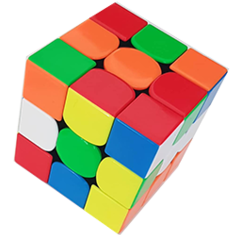There are a couple of ways to do this and only have 1 set of code, this is just one suggestion.
It relies on you typing the function name with the values on the command line (txt2 2 300) (txt2 2 "A") note strings must have quotes.
If you want to type 230 on the command line you can do that by making lots of mini defuns
(defun c:230 ()(txt2 2 300)) have to repeat for all combo's you want.
The 3rd option more complicated is you can type tx-y where x & y are any numbers, alpha's and a reactor method is used to provide the values to say (txt2 x y) need some time to recode some existing code which uses a error trapping method.
; original code by Tharwat
; two text entries added by AlanH
(defun txt2 (t1 t2 / inc lst str brk sel get)
(cond
((= (type t1) 'INT )(setq t1 (rtos t1 2 0)))
((= (type t1) 'REAL)(setq t1 (rtos t1 2 2)))
)
(cond
((= (type t2) 'INT )(setq t2 (rtos t2 2 0)))
((= (type t2) 'REAL)(setq t2 (rtos t2 2 2)))
)
(setq inc 0
lst (list t1 t2)
str '("1st" "2nd")
)
(while (and (not brk)
(princ (strcat "\nSelect "
(nth inc str)
" text to replace with < "
(nth inc lst)
" > : ."
)
)
)
(and (setq sel (ssget "_+.:S:E:L" '((0 . "*TEXT"))))
(entmod (subst (cons 1 (nth inc lst))
(assoc 1 (setq get (entget (ssname sel 0))))
get
)
)
(setq inc (1+ inc))
(= inc 2)
(setq brk t)
)
)
(princ)
)

